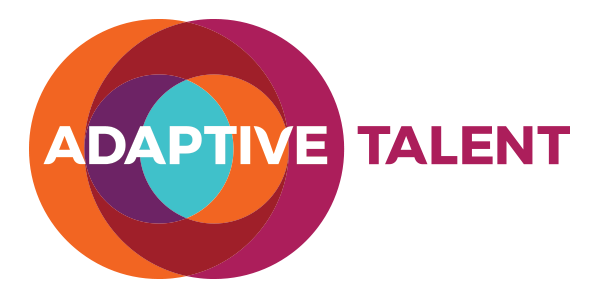Developing Adaptability
We’ve built our company around fostering adaptability in leaders and their organizations because we believe it is the single greatest success factor in today’s rapidly changing, increasingly complex environment.
Because leaders can easily access powerful tools to disrupt their markets it also means simply executing well is insufficient because past techniques, habits, and best practices might actually be counter-productive. Leaders need to discern where and when to optimize and execute, and when to focus on intentional learning and experimenting. They’re different dimensions of leadership and knowing when and how to apply a different style is one of today’s most pressing leadership challenges.
We believe that the best way to achieve this is via deliberate development of leaders so that the internal complexity of both the individual and company can meet and/or exceed the external complexity of their market.
This involves intentional, ongoing, and coordinated development of four areas:

Leadership consciousness
One’s awareness of beliefs, feelings, meaning making, self-protective strategies, and identity; one’s inner-game or operating system. Adults can develop greater consciousness with effort and time, and at each stage of development it unlocks a greater ability to adapt and thrive in higher complexity, scale, and paradox.

Leadership capabilities
One’s “outer game”, the resources, experiences, skills, and knowledge that are deployed via one’s consciousness or operating system.

Organizational culture
A team’s or organization’s consciousness, informed via shared experience, stories, priorities, and choices and deployed via each individual’s consciousness. An organization’s results and adaptability will never exceed the collective consciousness of those at the top.

Organizational capabilities
A team’s or organization’s “outer game”, the tangible resources, experiences, skills, and knowledge that are deployed via organizational culture and that take the form of organizational design, resource allocation, total rewards, technology, policies, and process.
In Over Our Heads
“When we experience the world as “too complex” we are not just experiencing the complexity of the world. We are experiencing a mismatch between the world’s complexity and our own at this moment.”
There are only two logical ways to mend this mismatch— reduce the world’s complexity or increase our own.”

